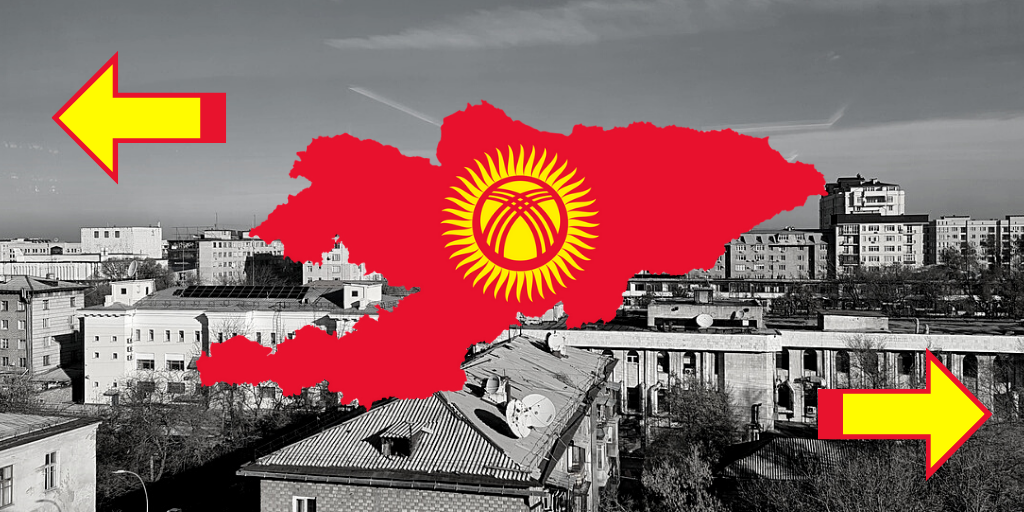
By Charlie Buxton
This piece was originally published in the November 2021 issue of the INTRAC newsletter. Subscribe today to receive new issues in your inbox.
When we talk about exit strategies, there can be a tendency to assume a peaceful environment where carefully laid plans ensure a smooth transition to local sustainability. In reality, exit is often a forced and hasty process, prompted by funding cuts in donor countries, or sometimes foreign interventions programmes – military or via “soft power” – being resisted in recipient countries. I am based in Kyrgyzstan, and not so far away in Afghanistan the withdrawal of US, UK, and coalition troops provides a clear example of how “getting out” can have tragic consequences.
The Afghan debacle adds another worry for those of us analysing the context for civil society in Central Asia – what will be the consequences here? Imperialism’s “Great Game” in Central Asia has long been a conversation piece here. Today, Increasing tensions between the major powers – expressed in the West’s new political and economic “cold war” with Russia, now being extended to China – are bad news for so-called “international development”. Civil society is being pulled first one way, and then another.
Civil society has changed in Kyrgyzstan. On the individual level, there are lots more local experts – trainers, consultants, and academics with a civil society focus. There is a core of national and provincial CSOs with experience of participatory, long-term development programmes – though often key specialists have moved on, leaving just the leader and some new, younger staff. Ex-NGO people can be found high up in government service, politics, and business; a number of them are strategically placed in global civil society networks. New players in the sector include religious and business associations organising charity events or distributing humanitarian aid. This was very visible during the COVID-19 pandemic and after Kyrgyzstan’s recent border conflict with Tajikistan. Increasingly these players, along with political leaders, are registering non-profit organisations so as to widen their influence, especially in election years.
Once again, CSOs are under threat from a new law tightening up financial reporting. In 2013-14 a broad campaign successfully halted a similar initiative, but in summer 2021 Kyrgyzstan’s new President signed the law along with a new Constitution and government reforms, as the country moves back to a more presidential system. This was another major setback for the development agencies, who over a 15-year period had invested millions of dollars into support for enhanced powers for parliament, despite, it should be said, popular anger at the way the political set-up had been captured by the business class. The new regime has a populist stance, but upcoming elections to the new Parliament may return many of the same old faces.
What are the strategies for “staying in” when international and national conflict is the order of the day? First, we cannot count on “civil” behaviour or expect always to work without interference. Some of our practices may need to be tightened up; while we must be as open as possible, structures do also need a defensive aspect. National themes take increasing precedence over international or global ones. A new generation of civil activists is using IT in creative ways, informally, spontaneously, many of them avoiding association with “old” NGOs. Many of the first principles of civil society activity are as relevant as ever; but the way that civil society has been used and its failure to adequately challenge economic and political power is a serious weakness. Compared with ten years ago, fewer people in Kyrgyzstan are ready to take its benefits and role for granted. Civil society actors who are “staying in” must recognise this if they are to succeed.
Charlie Buxton has been living in Bishkek, Kyrgyzstan since 2002 and is director of a locally registered public foundation Books for Development. He has been working for almost 40 years in the voluntary sector – 20 in the UK, 20 in the former Soviet Union. From 2002 to 2018, Charlie was INTRAC’s representative in Central Asia.